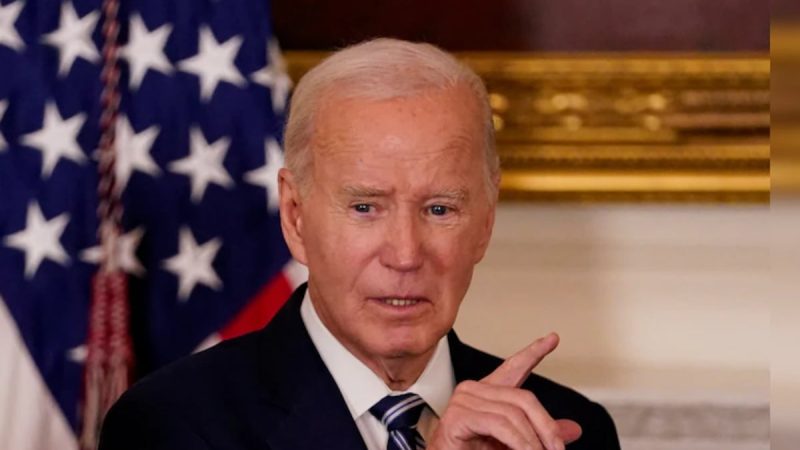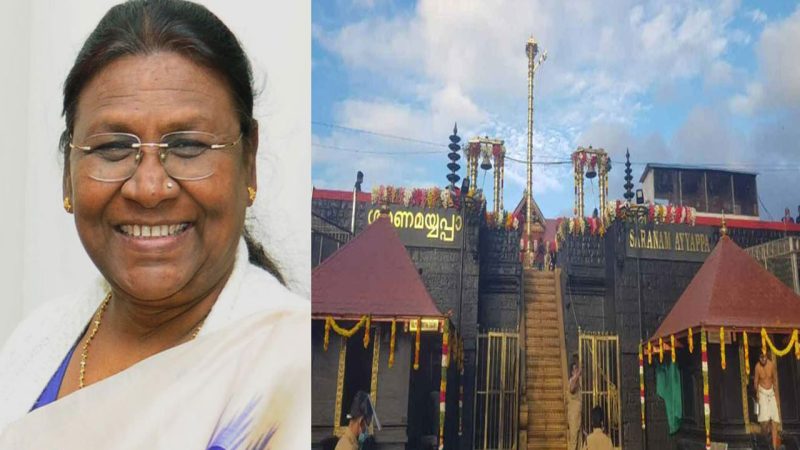Opinion: Intersection of Privacy and Technology — balancing Security and Freedom

Privacy matters — not as a luxury for the privileged but as a fundamental right that safeguards individual dignity and autonomy
Published Date – 19 May 2025, 12:30 AM

By Viiveck Verma
The digital age has brought with it unprecedented conveniences and connectivity, but it has also introduced profound challenges, none more critical than the balance between privacy and security. Where data has become the most valuable commodity, the question of how much freedom we are willing to sacrifice for security has evolved into a central debate, one with implications far beyond our individual lives.
For India, a burgeoning digital economy home to over 1.4 billion people, the stakes could not be higher, as it seeks to position itself as both a global technology leader and a bastion of democratic values.
A Paradox
At the heart of this tension lies a paradox: technology, which promises empowerment, also comes with an inherent power dynamic that favours those who control the systems, platforms, and data.
Consider the rise of biometric-based identity systems, such as India’s Aadhaar, the largest such programme in the world. While Aadhaar has transformed access to government services, reduced leakages in welfare programmes and accelerated financial inclusion, it has also sparked fierce debates about data security and the risks of mass surveillance. Critics argue that systems like Aadhaar centralise too much personal information, creating a single point of vulnerability that could be exploited by hackers or misused by the state.
Instances of Aadhaar data breaches and unauthorised access have fueled these concerns, with citizens left wondering whether their private information is truly safe. Proponents, however, highlight its transformative power, particularly for rural and marginalised communities that were previously excluded from the formal economy. Aadhaar embodies the delicate tightrope between progress and peril, inclusivity and intrusion.
Advanced Surveillance
Globally, the rise of advanced surveillance technologies has intensified this debate. Governments argue that tools such as facial recognition and AI-powered monitoring systems are essential for maintaining law and order, especially in an age of rising cybercrime and terrorism. India’s move to integrate AI-based surveillance in public spaces, ostensibly to enhance safety, mirrors similar initiatives in countries like China and the United States. But here lies the ethical quandary: do the benefits of these technologies outweigh their potential to erode civil liberties?
In countries with robust legal frameworks, the misuse of surveillance tools can be checked, albeit imperfectly. But in nations with weaker governance or authoritarian tendencies, these technologies risk becoming instruments of oppression.
India’s democratic fabric makes it uniquely vulnerable to such misuse; the lack of a comprehensive data protection law only exacerbates this risk. The recently enacted Digital Personal Data Protection Act (2023) is a step in the right direction, but its critics argue that it places too much discretionary power in the hands of the government, with insufficient safeguards for individual rights.
Private Sector Role
However, it would be simplistic to frame the privacy versus security debate as one of state overreach alone. The private sector plays an equally, if not more significant, role in eroding individual privacy. Technology giants, often operating with minimal accountability, have turned data collection into a business model. Social media platforms, e-commerce websites, and even fintech apps mine vast amounts of user data, often without informed consent. In India, the proliferation of cheap smartphones and low-cost internet plans has supercharged digital adoption, but it has also left millions unaware of how their data is being monetised or misused.
India’s move to integrate AI-based surveillance in public spaces, ostensibly to enhance safety, mirrors similar initiatives in countries like China and the United States
Take, for instance, the widespread adoption of UPI (Unified Payments Interface) in India. While UPI has revolutionised digital payments, providing a seamless and inclusive financial ecosystem, it has also raised concerns about data security. Transactions on UPI generate rich data trails, offering insights into consumers’ spending habits, location and financial behaviours. Who owns this data, and how it is used, remains a murky area, despite regulatory frameworks like those introduced by the Reserve Bank of India.
Adding another layer to this complexity is the growing influence of AI. Advanced algorithms can now predict human behaviour with alarming accuracy, shaping everything from online advertisements to election outcomes. The Cambridge Analytica scandal remains a chilling reminder of how personal data can be weaponised to manipulate democratic processes. India, the world’s largest democracy, cannot afford to ignore the lessons from such incidents, particularly as it navigates its own unique challenges of political polarisation and misinformation.
Data Protection
Yet, while the risks are clear, a complete rejection of technological advancements in the name of privacy is neither practical nor desirable. Technology is not inherently dystopian; it is the way it is designed, deployed, and regulated that determines its impact. Striking the right balance requires a multi-pronged approach, one that combines robust legal safeguards, public awareness, and technological innovation.
India, with its rich tradition of democratic governance, is uniquely positioned to chart a path that prioritises privacy without sacrificing progress. For starters, the country urgently needs a more comprehensive data protection framework that not only holds corporations accountable but also limits state overreach.
The idea of data localisation, while contentious, has merit in an Indian context, given the geopolitical realities of data sovereignty. However, localisation must be complemented by measures to improve cybersecurity infrastructure, lest localised data simply becomes a more accessible target for bad actors.
Simultaneously, there is a need to build public awareness around digital rights. For many Indians, privacy remains an abstract concept, far removed from the immediate concerns of livelihood and survival. The challenge, therefore, is to demonstrate why privacy matters — not as a luxury for the privileged but as a fundamental right that safeguards individual dignity and autonomy. Initiatives to educate citizens about data security, informed consent and the implications of surveillance could go a long way in bridging this gap.
Ultimately, the intersection of privacy and technology is not a zero-sum game. It is a negotiation, one that demands constant vigilance, nuanced policymaking, and an unwavering commitment to democratic values. The goal should not be to pit privacy against security but to find ways to integrate the two, using technology to enhance both without compromising either.
As India strides forward in its journey as a digital superpower, it must resist the temptation to prioritise short-term gains over long-term freedoms. The choices made today will shape not just the nation’s technological landscape but also its social fabric for generations to come. In navigating this complex terrain, India has an opportunity to set an example for the world, a model of development where innovation and human dignity coexist in harmony.

(The author is founder and CEO, Upsurge Global, co-founder, Global Carbon Warriors and Adjunct Professor, EThames College)






